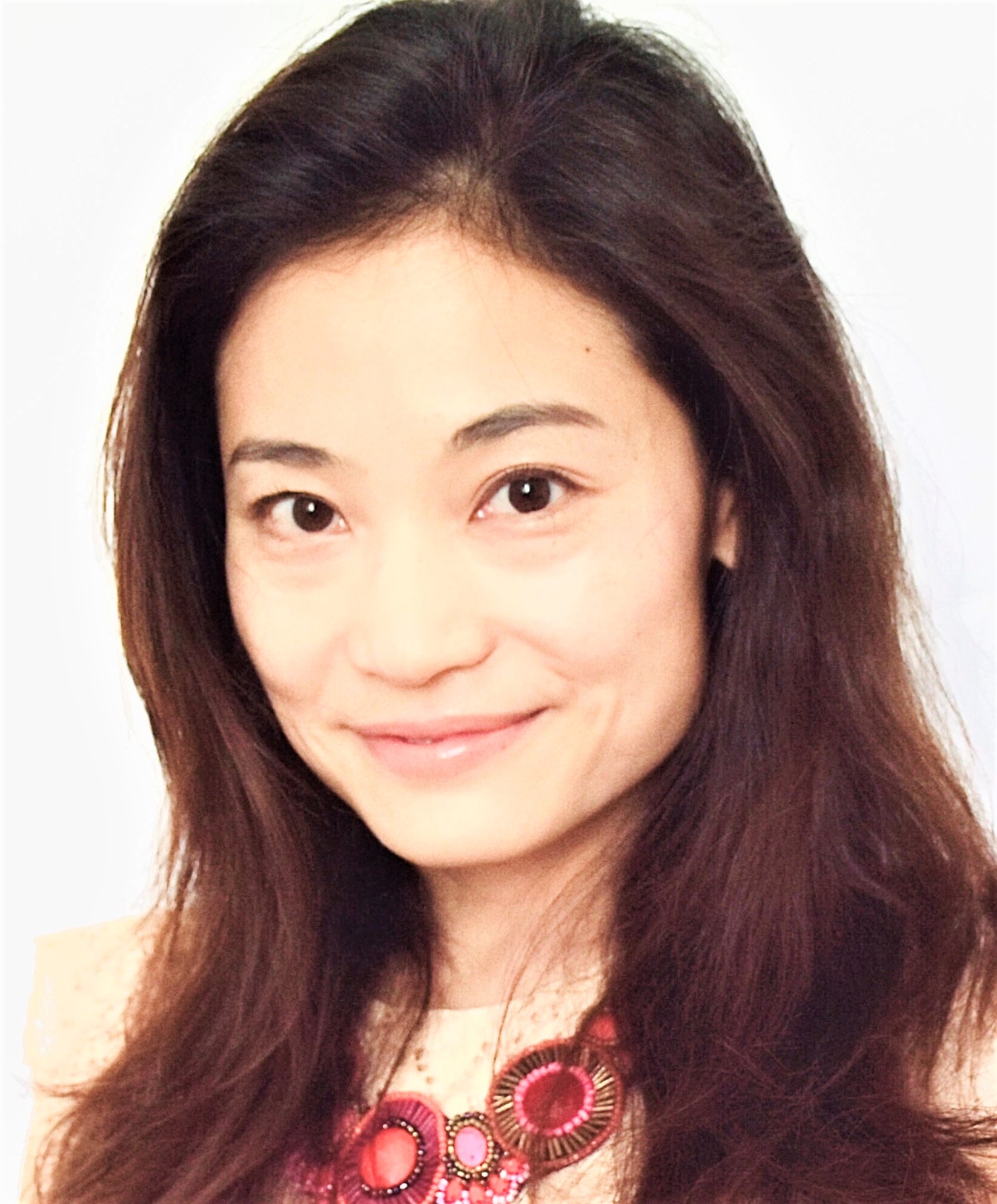Finding Belonging in Uncertain Times

Xinshu She, MD, MPH, FAAP
September 14, 2022
“All my friends have plans already, but I feel lost.”
I hear different versions of this statement all the time when mentoring students and trainees. Externally, they appear confident and resilient. Some have achieved way more than I did at their age, others have overcome extreme hardships. Yet, somehow, they feel as though they are struggling alone.
While it is easy for me to reassure them that these feelings are normal and their futures are bright, sometimes I fall into the same thinking trap. Looking around, I notice colleagues getting NIH grants, peers stepping up to leadership positions, and friends seemingly balancing it all with work and multiple kids.
Am I the only one who doesn’t have life figured out?
The COVID-19 pandemic has exacerbated our feelings of isolation. A Mayo Clinic study in 2021 showed that increased loneliness and loss of friendships affected women more than men during the pandemic. One important factor was that women, especially Black and Latina women, disproportionally lost their jobs and their workplace relationships. For those lucky enough to keep their jobs, the loss of child care increased stress and diminished their personal time for socializing.
Meanwhile, social media continues to propagate the perception that everyone else is doing better. We may all have contributed to this by trying to stay positive and share only a curated side of our lives. After all, who wants to read more depressing stories when negative news already fills up public spaces?
For me, finding belonging starts with seeing that we all have felt this isolation. We share the struggle. In words of the wise Dalai Lama: “The realization that we are all basically the same human beings who seek happiness and try to avoid suffering is very helpful. Everybody is my peer group.”
A daily dose of self-compassion, of recognizing that “this is hard, and I am trying my best,” can help too.
Sharing experiences of isolation and struggles in groups can also break the cycle. In spring 2020, chatting with friends overseas suddenly became like talking with downstairs neighbors. This exciting realization has reconnected me to many close friends, bringing new perspectives and ideas from abroad.
Professionally, networks such as local women faculty lunches and the national Women Physicians Wellness, Equity and Leadership Alliance foster belonging across comfort zones. Even when we cry on camera or recognize that there is no perfect solution (yet) for problems like racism or climate change, all is not lost. We are never alone in our efforts to change the world. We can find people who strive for similar dreams and goals, often over Zoom.
Science tells us that social connectedness not only lowers the risk of suicide, it also buffers the impact of depression on suicide as well. In this era of pandemic-worsened social isolation, let’s face the barriers to human connection and build safety networks. In personal circles, listening deeply to our friends and families and validating their feelings can be both helpful and rewarding. In health care organizations, we can grow evidence-based programs like peer support for clinicians.
Organizational leaders can invest in diversity, equity, and inclusion not just on paper, but in budget planning and transparent reporting of objective measures.
Through local and national elections and advocacy, we can choose to support leaders who help improve social connectedness, instead of promoting divisiveness.
“Belonging is not fitting in. It means that we show up as our authentic selves, with all our vulnerabilities and imperfections. Only then can we allow others to do the same.”
Belonging is not fitting in. It means that we show up as our authentic selves, with all our vulnerabilities and imperfections. Only then can we allow others to do the same.
If we look for lessons in the pandemic, one should be that we are all interconnected in this world. Next time you feel like you are alone in the dark, remember we are all in this struggle, together.
*The views expressed in this article are those of the author, and not necessarily those of the American Academy of Pediatrics.
About the Author
Xinshu She, MD, MPH, FAAP
Xinshu She, MD, MPH, FAAP, is a global health pediatrician at Stanford University. She is an AAP representative at the national Women Physician’s Wellness, Equity and Leadership Alliance, a mentor at the AAP national ELEVATION program for URM students, and an abstract adviser at the Consortium of Universities for Global Health.